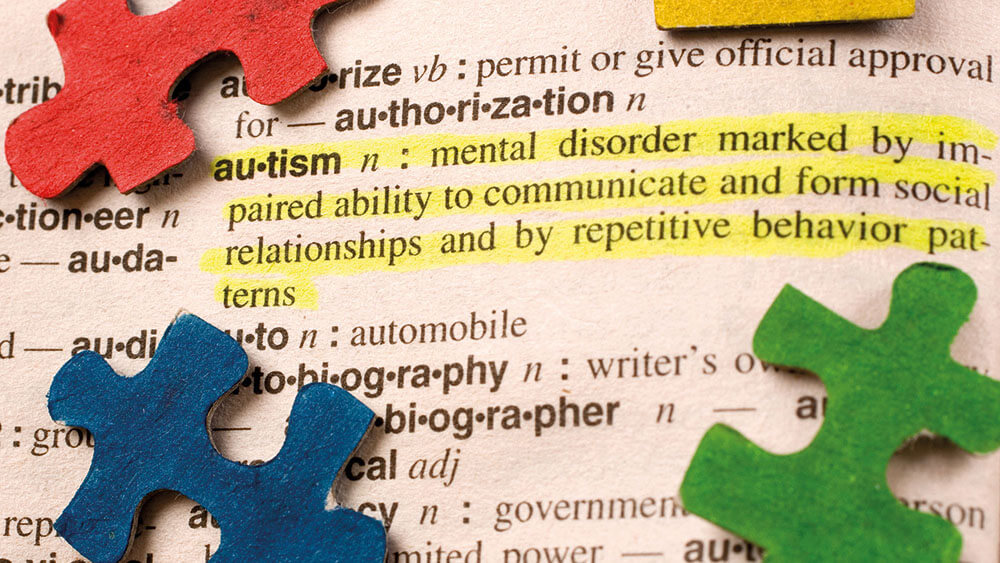Research shows that half of leaders and managers would not employ a neurodivergent person — and a similar proportion might not even know what neurodivergence means…
A STUDY by the Institute of Leadership & Management shows a lack of understanding and awareness of neurodivergence in the workplace.
Around one in seven people is neurodivergent, a term covering a range of conditions such as autism and dyslexia. The study found that half of leaders and managers would be uncomfortable employing or line-managing people with a neurodivergent condition.
Percentage of employers who would feel “uncomfortable”:
- Tourette syndrome 32 percent
- ADHD/ADD 29 percent
- Dyscalculia 26 percent
- Autism 25 percent
- Dyspraxia 19 percent
- Dyslexia 10 percent
Suzanne Dobson, CEO of Tourettes Action said: “When we are trying to restart our economy, we cannot afford to marginalise so many creative and intelligent people … And yet, those making recruitment decisions sift people with TS out very quickly, swiftly followed by other neurodivergents.”

People living with Tourette Syndrome are especially marginalised as people mistakenly believe the swearing tic is predominant (it isn’t, says Dobson). Dyspraxia involves difficulty planning and processing motor tasks, while dyscalculia is similar to dyslexia, but with numbers.
Respondents in the construction, engineering and manufacturing sectors had the most significant concerns, with 32 per cent saying they would be uncomfortable hiring people with autism and 29 per cent not being comfortable to hire dyscalculics.
Claire Smith, CEO Autistic Nottingham, said employers were scared to hire neurodiverse people. “They only calculate the risks based on the deficits of the condition,” she said.
The research also revealed that neurodivergents feel their workplaces are not doing enough to ensure their colleagues behave inclusively towards them.
Over half of people with autism (60 per cent), dyspraxia (55 per cent) and dyscalculia (53 per cent) reported that they felt excluded in their workplace. This went unnoticed by many of their neurotypical colleagues, with only 29 per cent feeling there was any kind of exclusion.
Kate Cooper, head of Research, Policy and Standards at The Institute of Leadership & Management, said: “We recommend business leaders look into providing more unconscious bias and inclusion training for all staff.” Cooper also suggests ensuring managers are fully aware of the range of reasonable adjustments that can be made to support neurodivergent staff.
“We also recommend organisations review their policies and procedures on inclusion, bullying and harassment to ensure they include provisions for their neurodivergent colleagues,” she advised. A fully inclusive workforce would be “more compassionate, an environment that is good for all”.
“While there’s a perceived level of understanding of neurodivergents and their requirements in organisations, there is actually a gulf between the lived experience of neurodivergents and the perceptions of neurotypical people.”
Only 27 per cent of respondents could say they were certain that appropriate references were included in their diversity and inclusion policies.




























